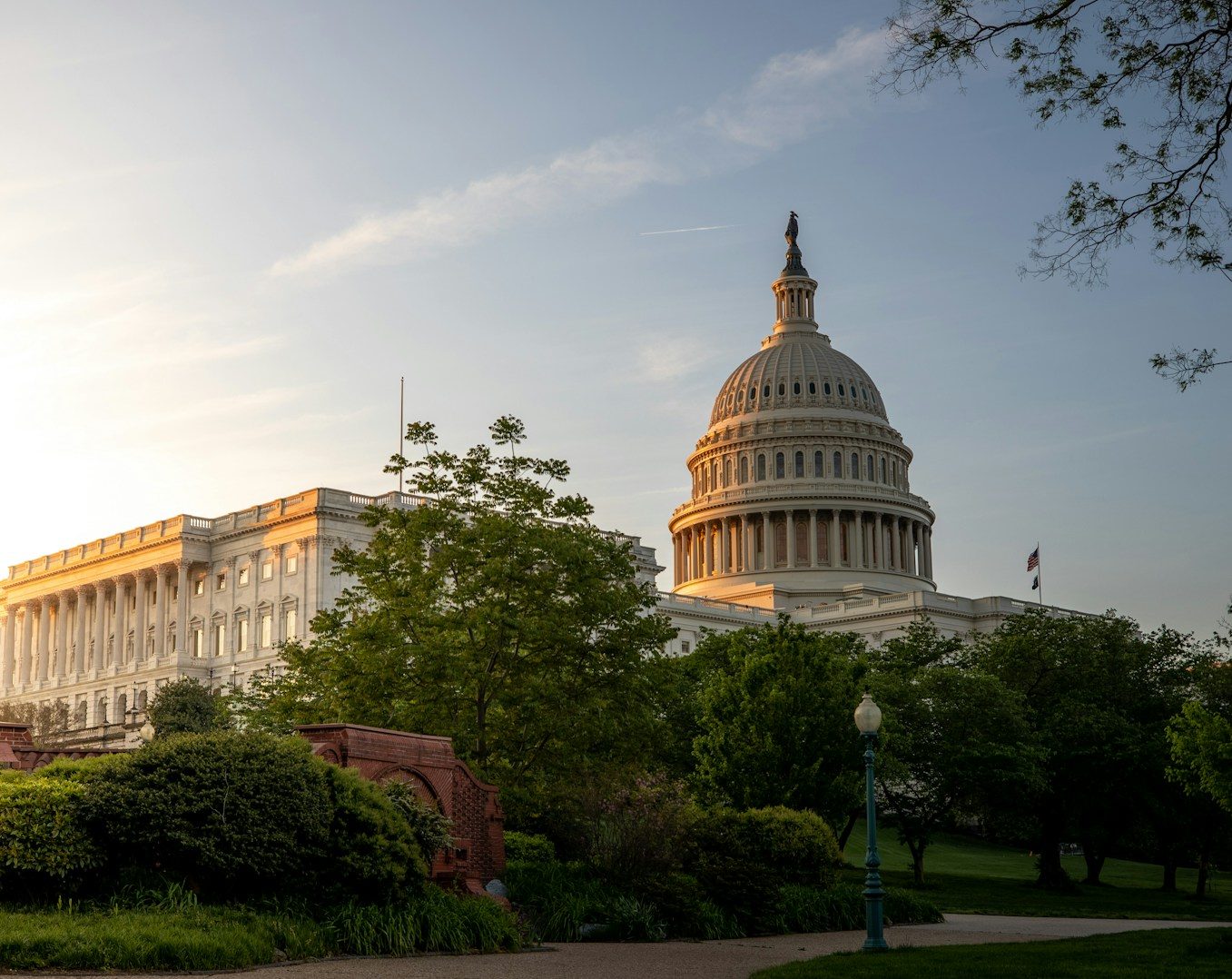The UK government has unveiled a plan to create £25 billion “megafunds” in the pension industry. The goal is to boost local investments and drive economic growth. Chancellor Rachel Reeves says the reforms will lead to better returns for workers.
She also says billions more will be invested in clean energy and high-growth businesses. Seventeen of the UK’s largest pension firms have already agreed to the general principles. However, the government has outlined a legislative backstop to ensure the new rules are implemented by the end of the decade.
Some in the industry are opposed to government mandates on investment targets. Chris Rule, chief executive of the Local Pensions Partnership, says the main challenge for UK investment is finding viable opportunities. He notes that many pension funds already invest locally.
Zoe Alexander, a director at the Pensions and Lifetime Savings Association, says the reforms could have a big impact on pension scheme operations. She suggests that increased consolidation could improve retirement outcomes through better governance and investment strategies. Miles Celic, chief executive of The City UK, supports the chancellor’s vision.
He says the initiative could help stimulate economic growth. Former Liberal Democrat pensions minister Sir Steve Webb praises the bold reforms.
Boosting local investments through pensions
He suggests they would make surplus funds more productive for the benefit of scheme members, firms, and the wider economy. The pension reform plan covers both local authority and defined contribution pension schemes. The 86 local authority pension schemes, which manage £392 billion for over six million people, will be merged into six asset pools by March next year.
Consolidation efforts will also take place for defined contribution schemes, worth £800 billion and covering millions of workers. Under the new framework, by 2030, there will be more than 20 pension funds each valued at over £25 billion. This is up from the current 10.
The Mansion House accord, a voluntary agreement signed in May, commits the 17 involved firms to invest 10% of their assets beyond publicly traded shares. This means directing more funds into homebuilding, infrastructure, and emerging businesses. Additionally, 5% of investments are to be allocated specifically to UK assets.
The Pension Schemes Bill, which includes these reforms, is about to be presented to Parliament. The Treasury forecasts that these changes will generate an additional £50 billion investment in UK infrastructure, new homes, and businesses. According to the final Pensions Investment Review report, these reforms could provide higher returns for pension savers.
This would be achieved by reducing waste, achieving economies of scale, and employing improved investment strategies. The report says this could potentially boost the average defined contribution pension pot by £6,000.







